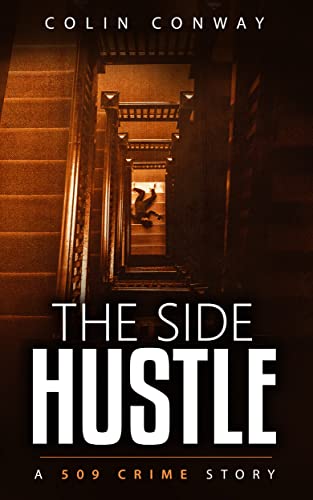Something about the voice enchanted Llun. It awoke forgotten images of sharp mountain peaks and waterfalls at dawn, images associated with a childhood longing that flared in his heart whenever he listened to his mother sing a ballad of Old Vasyllia.
“I will gladly pay the price of my life,” said Llun.
“You do not know what you are saying.”
The Curse of the Raven, the sequel to The Song of the Sirin, appropriately focuses on the oppression suffered by everyone who survived the fall of Vasyllia. Llun the Smith keeps his thoughts to himself, while almost everyone else in the city parrots approved words and tries not to upset the overseers or their enforcers, the “dog-men.” But he couldn’t keep himself from making beautiful things or adding unnecessary ornamentation.
He is pulled into the enemy’s chambers where they imply he would be useful to them for a project they won’t describe. He is fairly certain that any job they give him will be the last one he ever does, but the enemy won’t make a demand, preferring to hint. They give him time to think about it.
I could give you ninety percent of the plot in three more paragraphs, because the story takes only 84 pages. It’s a good side story that allows time to pass while Voran, the hero of the larger story, is doing small things offstage. Another twenty pages are given to the first chapter of book three, The Heart of the World.
In these few pages, we feel the significant dread smothering the kingdom and have an opportunity to wonder if their hope for salvation is in vain. The Russian spirit still comes through in the nature of the oppression and neglect of the people, which keeps this book in the spirit of its predecessor.
I look forward to the next one.






